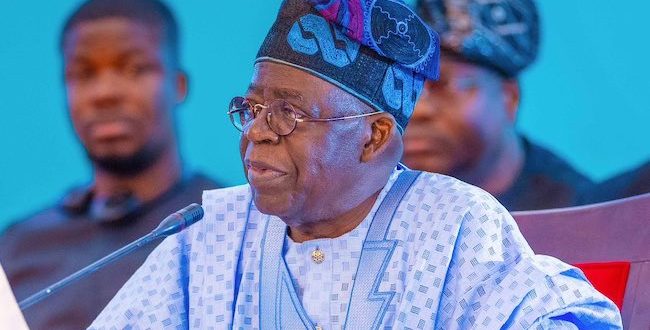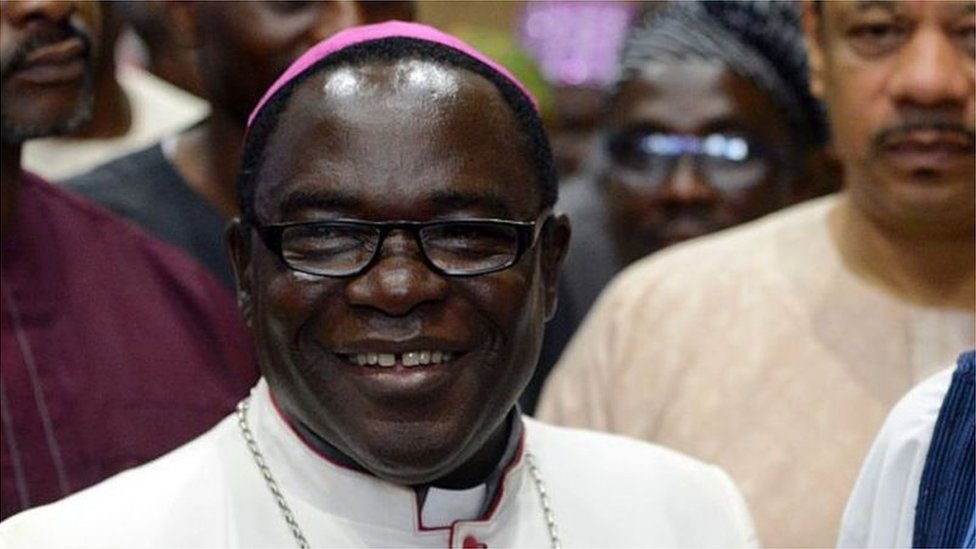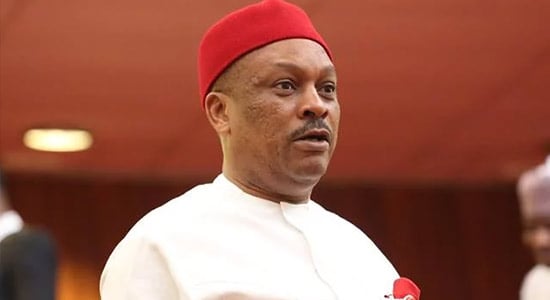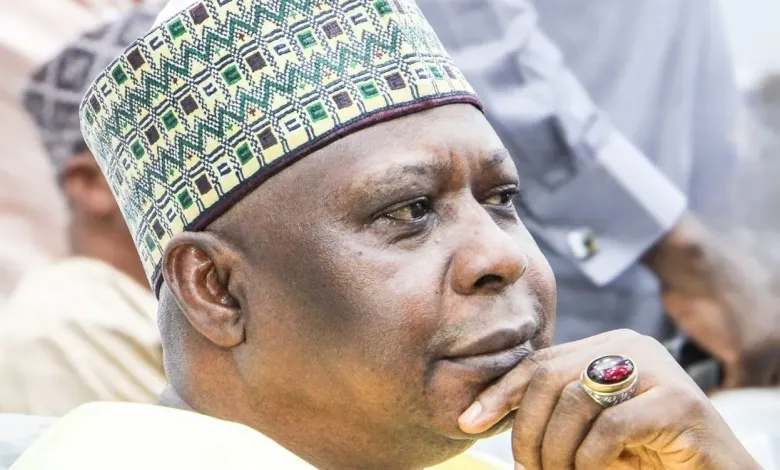
Tinubu Hails Nigeria’s Exit from FATF Grey List
By Lizzy Chirkpi President Bola Tinubu has celebrated Nigeria’s removal from the Financial Action Task Force (FATF) grey list, describing the development as a major milestone in the country’s ongoing economic and institutional reform drive. The FATF, the global watchdog on money laundering, terrorist financing, and proliferation financing announced Nigeria’s delisting on Friday during its plenary session in Paris, France, officially lifting the country from the category of nations under increased monitoring. Reacting to the announcement, President Tinubu said the move is key to Nigeria’s progress in strengthening its anti-money laundering and counter-terrorism financing systems after more than two years of reforms and inter-agency collaboration. “In February 2023, Nigeria was placed on the FATF grey list. Rather than see it as a setback, we viewed it as a call to action. Today’s delisting demonstrates our resolve to build credible, transparent, and accountable institutions,” the President said. He attributed the success to coordinated efforts led by the Nigerian Financial Intelligence Unit (NFIU), working alongside key ministries and agencies, including the offices of the Attorney-General of the Federation, the Minister of Finance and Coordinating Minister of the Economy, and the Minister of Interior. Tinubu commended the Director and Chief Executive Officer of the NFIU, Ms. Hafsat Abubakar Bakari, and her team for their “dedication and professionalism,” which earned Nigeria global recognition for its strengthened financial oversight. He also acknowledged the roles played by the Secretary to the Government of the Federation, members of the Federal Executive Council, the National Assembly, the Judiciary, and private sector representatives on the National Task Force on AML/CFT. Institutions that contributed to the achievement include the Central Bank of Nigeria, Corporate Affairs Commission, Economic and Financial Crimes Commission, Independent Corrupt Practices Commission, National Drug Law Enforcement Agency, Department of State Services, Nigeria Customs Service, Nigeria Police Force, and the Securities and Exchange Commission. The President further appreciated the technical support of international partners, including the governments of France, Germany, the United Kingdom, the United States, the United Nations, and the European Commission. He described Nigeria’s delisting as “not just a technical accomplishment, but a strategic victory for our economy and a renewed vote of confidence in our financial governance.” Tinubu assured that his administration would continue to strengthen the institutional reforms that made the feat possible, ensuring Nigeria’s financial system remains credible and globally trusted.





